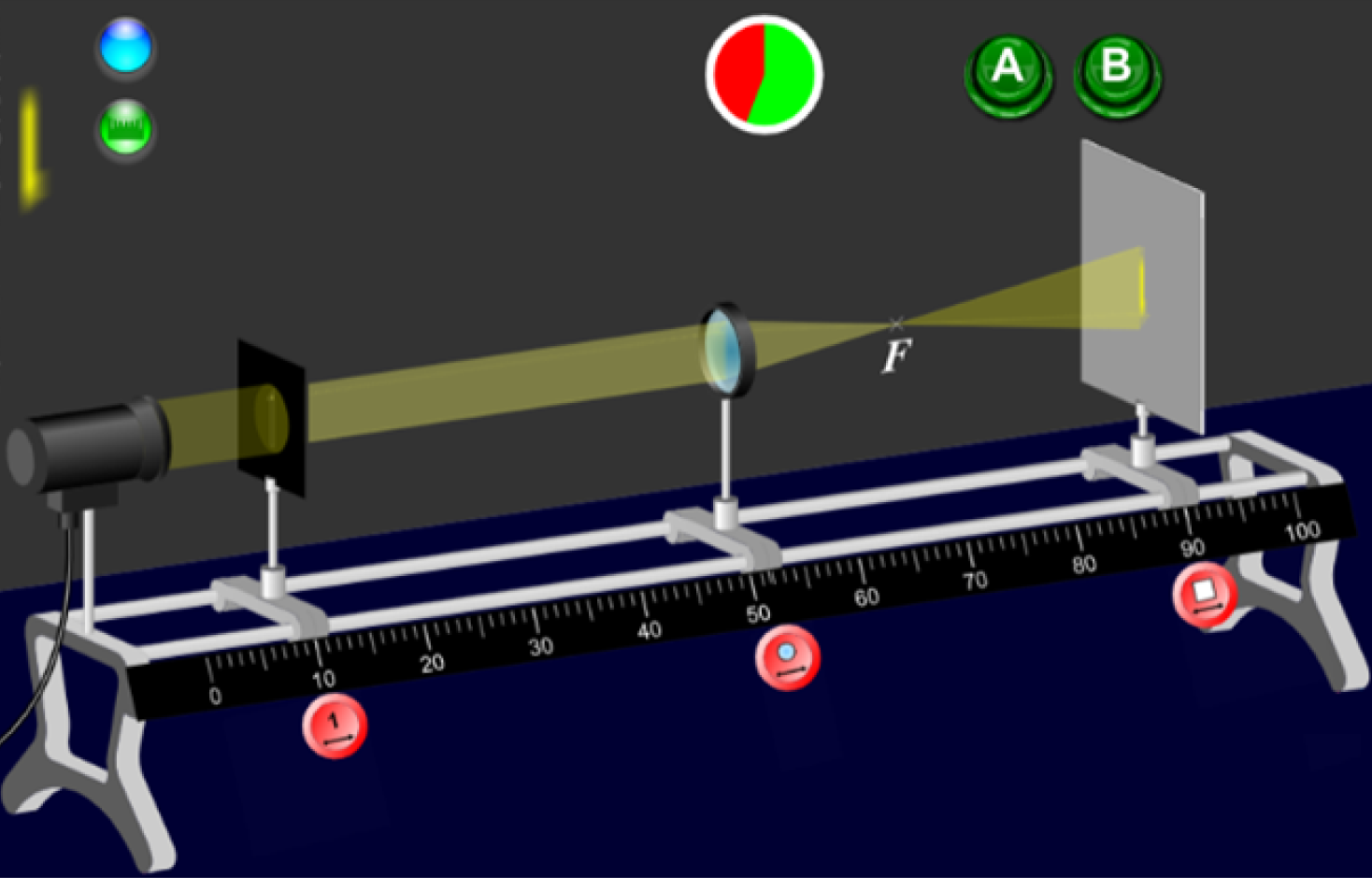Effectiveness of Flip—Book Optic Devices based on Problem-Based Learning Assisted with Virtual Laboratory Simulation to Improve High School Students’ Visual Representation
Abstract
Optical devices are a complex material, most of the concepts are related to abstraction and visualization such as the formation of shadows and light trails, so that a good visual representation is needed to achieve this material competence. Visual representation in physics learning is important, but some teachers still find it difficult to instill this ability due to media constraints. Therefore, this study uses PBL-based flip-book media assisted by virtual laboratory simulations to overcome this problem. This study aims to determine the effectiveness of PBL-based flip-books assisted by Virtual Laboratory Simulation in improving students' visual representation skills on optical instrument material. The method used is quantitative with quasi-experimental methods, pretest and posttest through instruments based on visual representation indicators. The results of this study indicate that the use of PBL-based flip-books assisted by Virtual Simulation has a positive effect on students' visual representation abilities. This is shown in the acquisition of the N-Gain value of 0.828 in the high category. This study concludes that the use of PBL-based flip-books assisted by virtual lab simulations improves students' visual representation abilities.


This work is licensed under a Creative Commons Attribution-NonCommercial 4.0 International License.
This work is licensed under the Creative Commons Attribution-NonCommercial 4.0 International (CC BY-NC 4.0) license.








